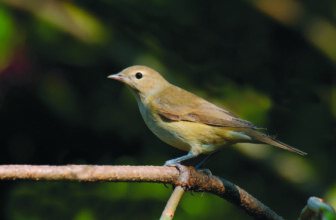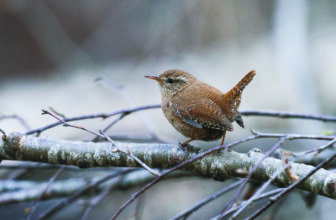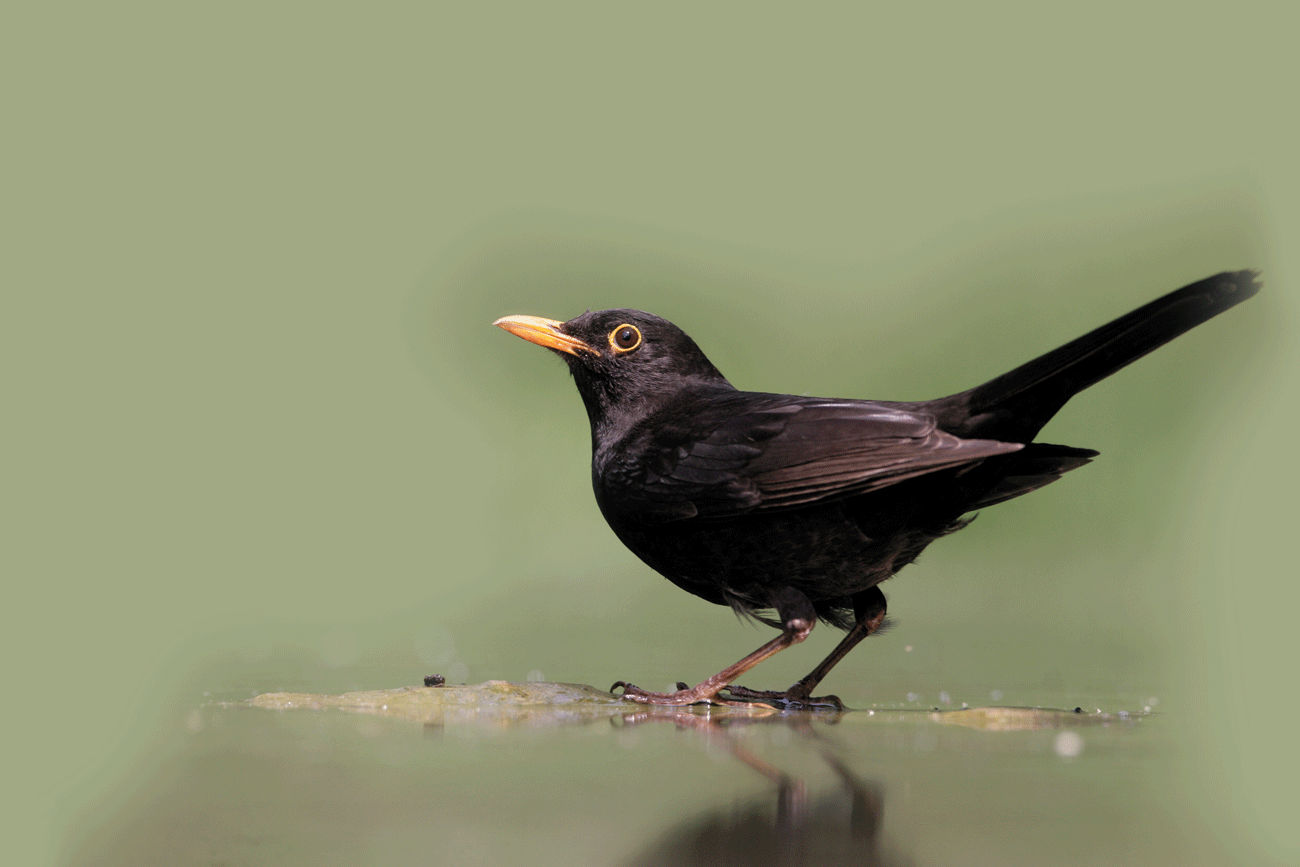
Oh the joyful music of male Blackbirds singing!
Throughout the day and especially in early evenings and mornings their delightful music has been hard to miss for anyone with an ear to hear.
Most gardens seem to have a resident Blackbird in the vicinity. ‘Mine’ was tuning up splendidly in the spring from a variety of favourite posts – chimney tops, television aerials and prominent tree top branches.
I was in danger of hardly noticing until the music died. And then I found him freshly lifeless in the garden, his eye open and still glistening.
His plumage appeared undamaged by any attack from a Sparrowhawk, fox or cat so I put his demise down to old age. If a Blackbird lives until three and a half years old it is doing better than average.
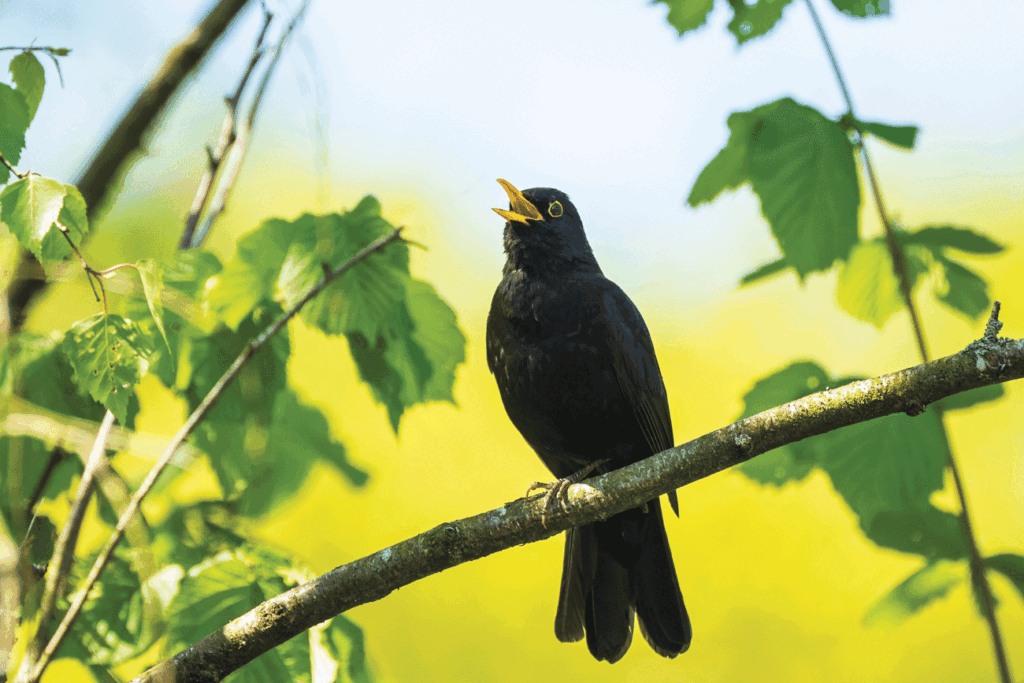
This was late April and I assumed he would have had a mate somewhere who never found out what had happened to him. It was likely they would have been breeding but I imagine any eggs or young in the nest perished.
Some weeks passed and I was pleased to hear a new male Blackbird had moved into the territory and was regularly tuning up around neighbouring gardens. And then I heard some less sweet music that got me wondering about what had really happened to my songster.
Could he have been the victim of a new virus? I learned that, with the arrival of Covid in this country, birdwatchers had been noting a decline in Blackbird numbers, particularly in London.
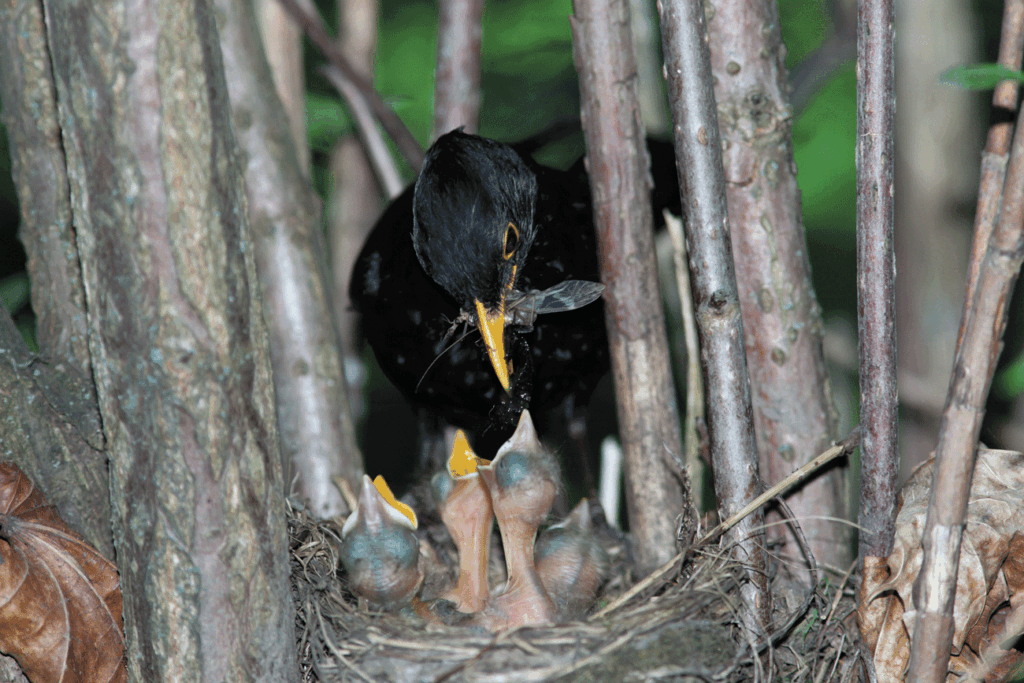
The birds have not suffered from the virus that caused so much damage to all of us but from what is called the Usutu virus. This unwelcome intruder has spread from Africa into mainland Europe and is dangerous to several bird species. It is carried by mosquitoes.
According to the British Trust for Ornithology (BTO) it is often fatal to Blackbirds and has spread from our capital city into the south of England so it seems most likely it is already diminishing the Blackbirds’ population in the Cranleigh area and wider county.
The BTO says: ‘We are trying to better understand the extent and spread of Usutu virus and what the potential impacts of the virus might be on Blackbirds. In particular, as Blackbird numbers were already decreasing in London, a large urban area, we want to know if anything similar is happening in other urban areas, or whether these changes are specific to the capital, and how this compares to smaller urban and more rural areas.’
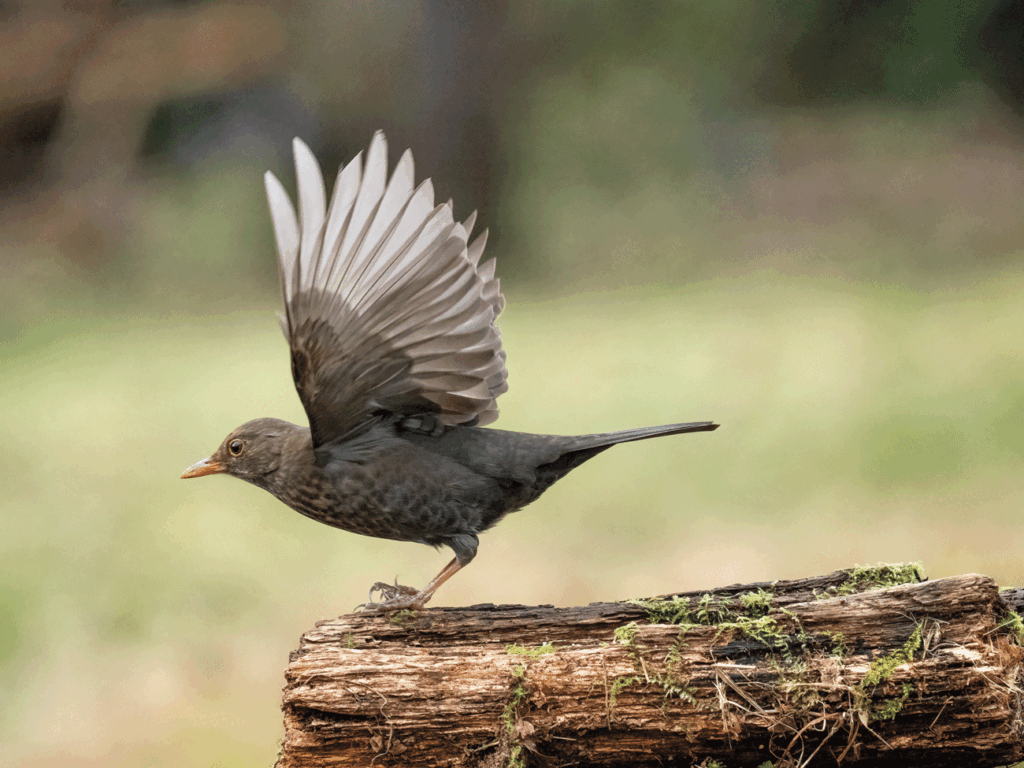
If you can recognise a Blackbird by sight and have a garden or access to one then you can help by spending a minimum of 15 minutes a week to take part in the Trust’s important new survey.
This is aimed at understanding the potential for disease transmission by Blackbirds and improving understanding of how viruses emerge in new environments.
Hopefully the BTO’s Blackbirds in Gardens project will also help understanding of how these birds use gardens, and the potential effects of the Usutu virus on their population in the UK.
It adds: ‘Although largely harmless to humans, this is the first time in modern history that a mosquito-borne viral zoonosis (a disease which can be transmitted from animals to humans) has emerged in wild animal hosts in the UK but, with changing climates, more may occur in the future.’
Learn more about taking part at:
www.bto.org/our-science/projects/blackbirds-gardens/taking-part




